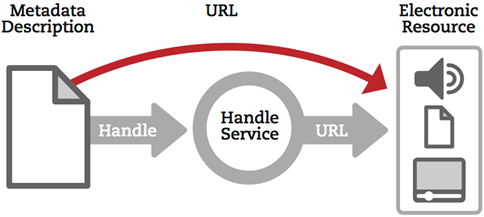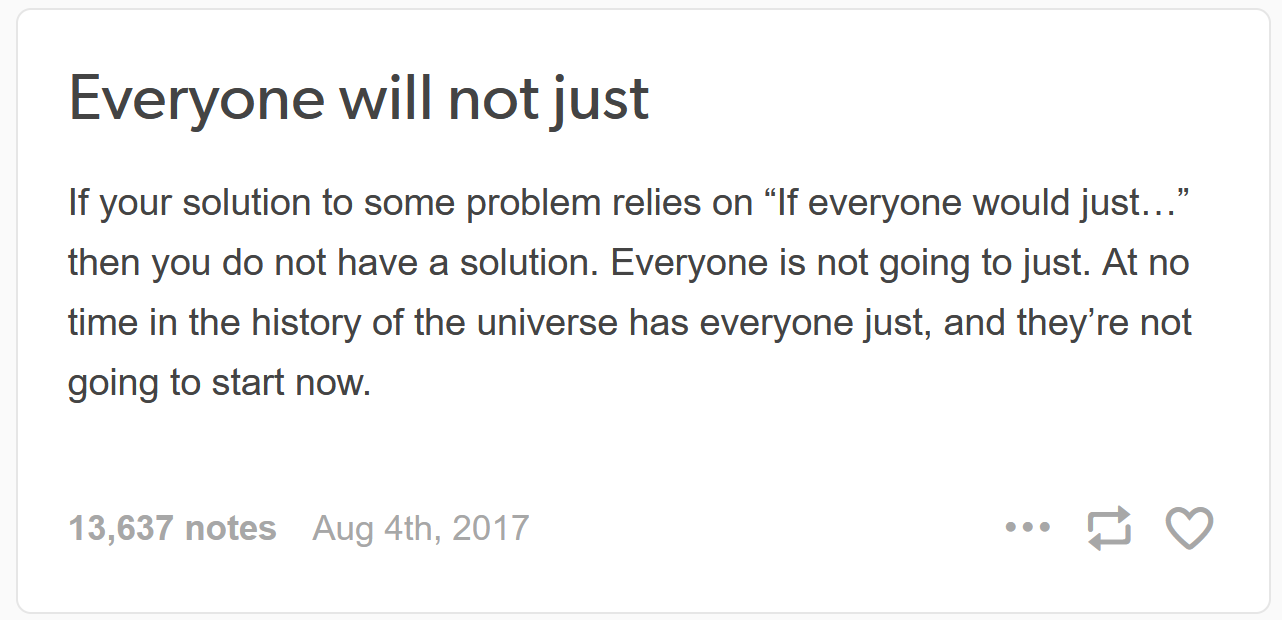
More and more experts are calling for the broken and destructive academic journal system to be replaced with modern solutions. This post summarizes why and how this task can now be accomplished. It was first published in German on the blog of journalist Jan-Martin Wiarda. Front cover of the now-vanished Australasian Journal of Bone & Joint Medicine . Source: Scan from the-scientist.com website





